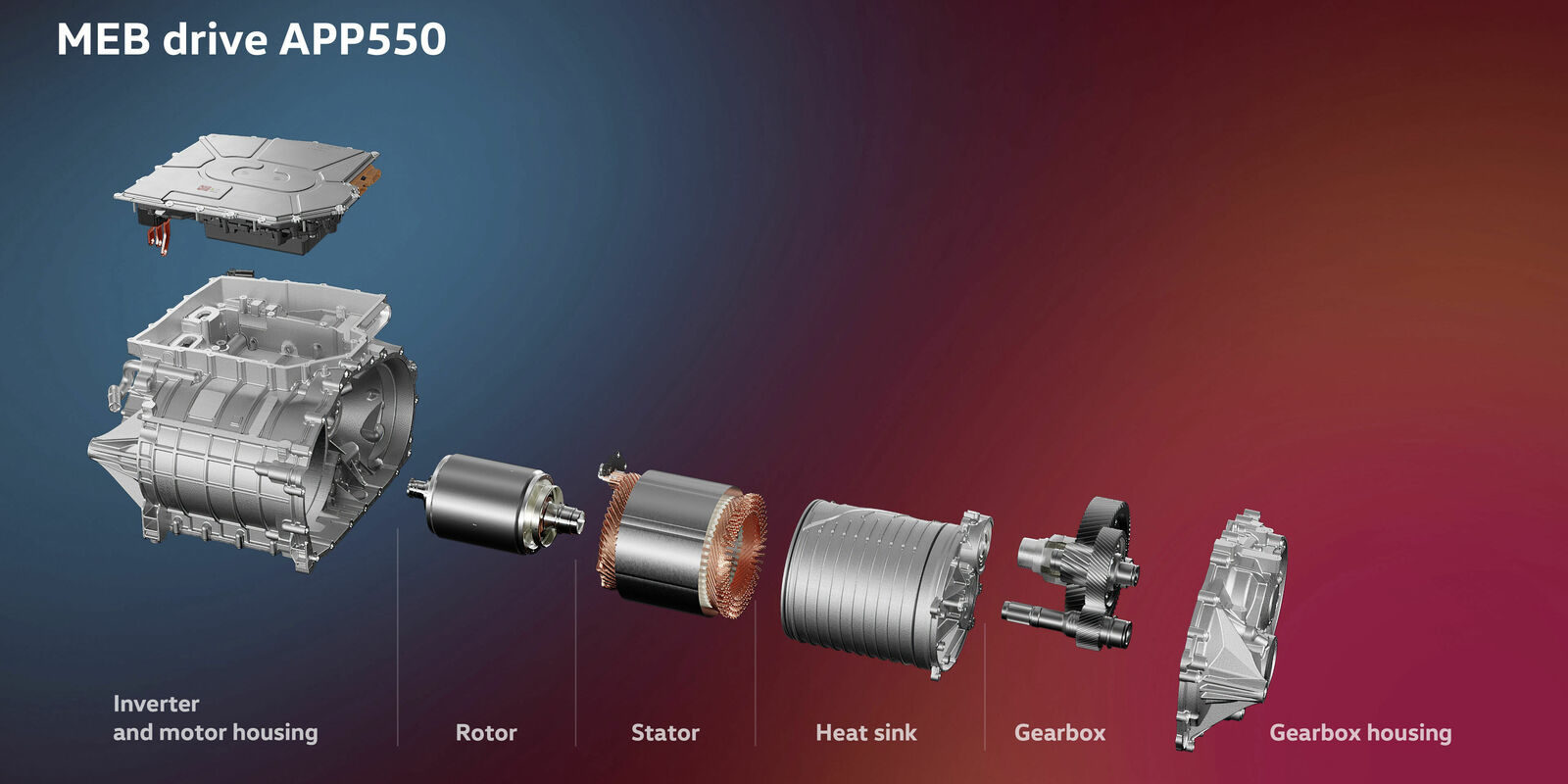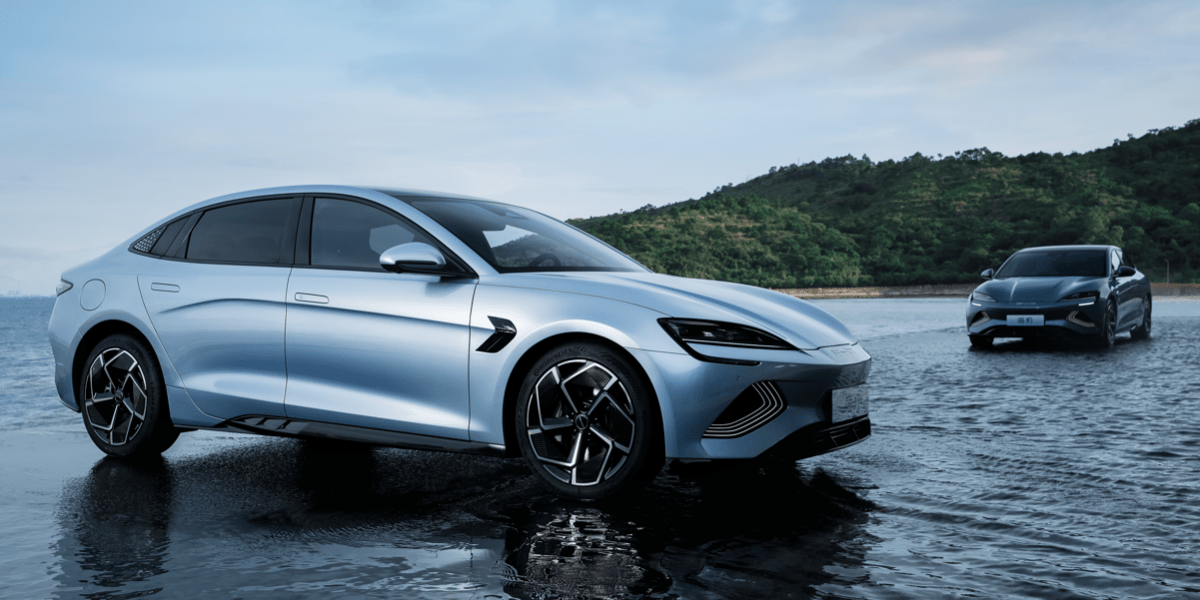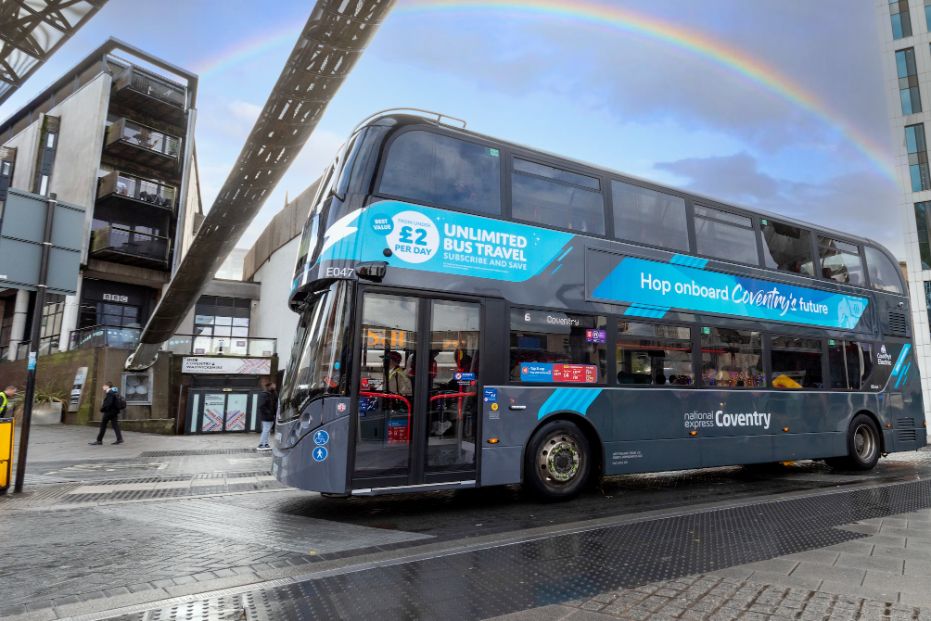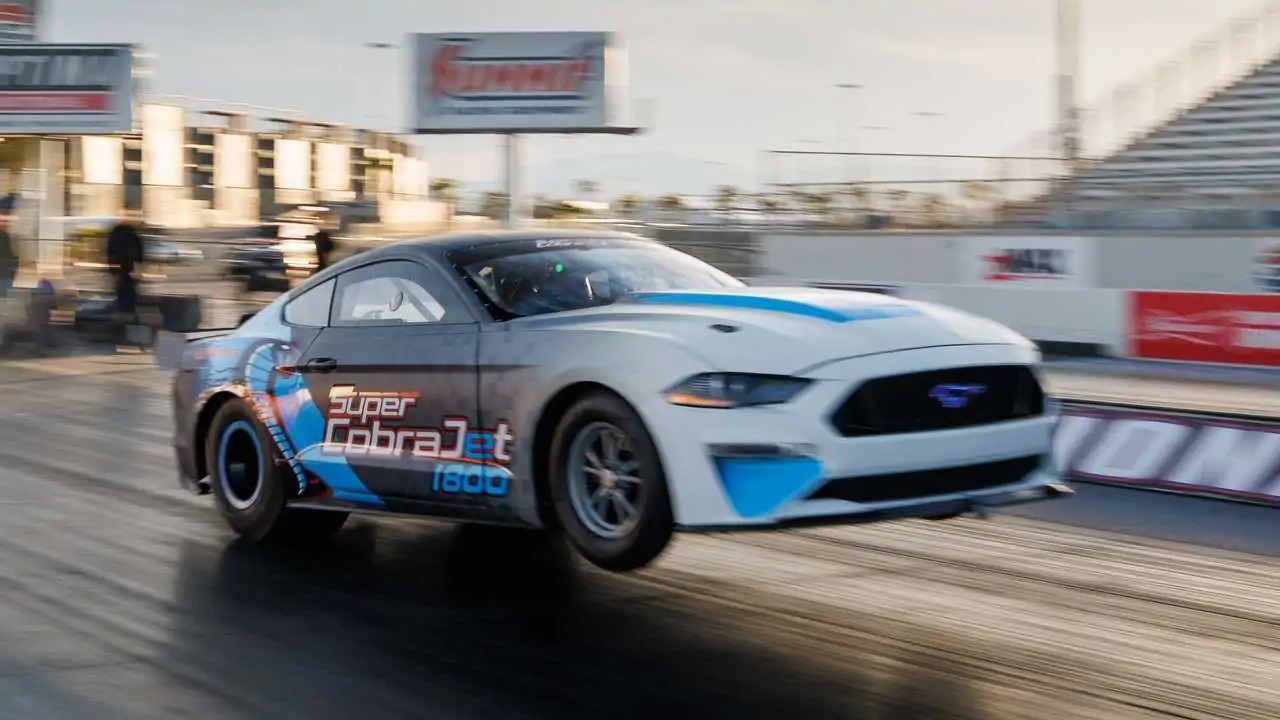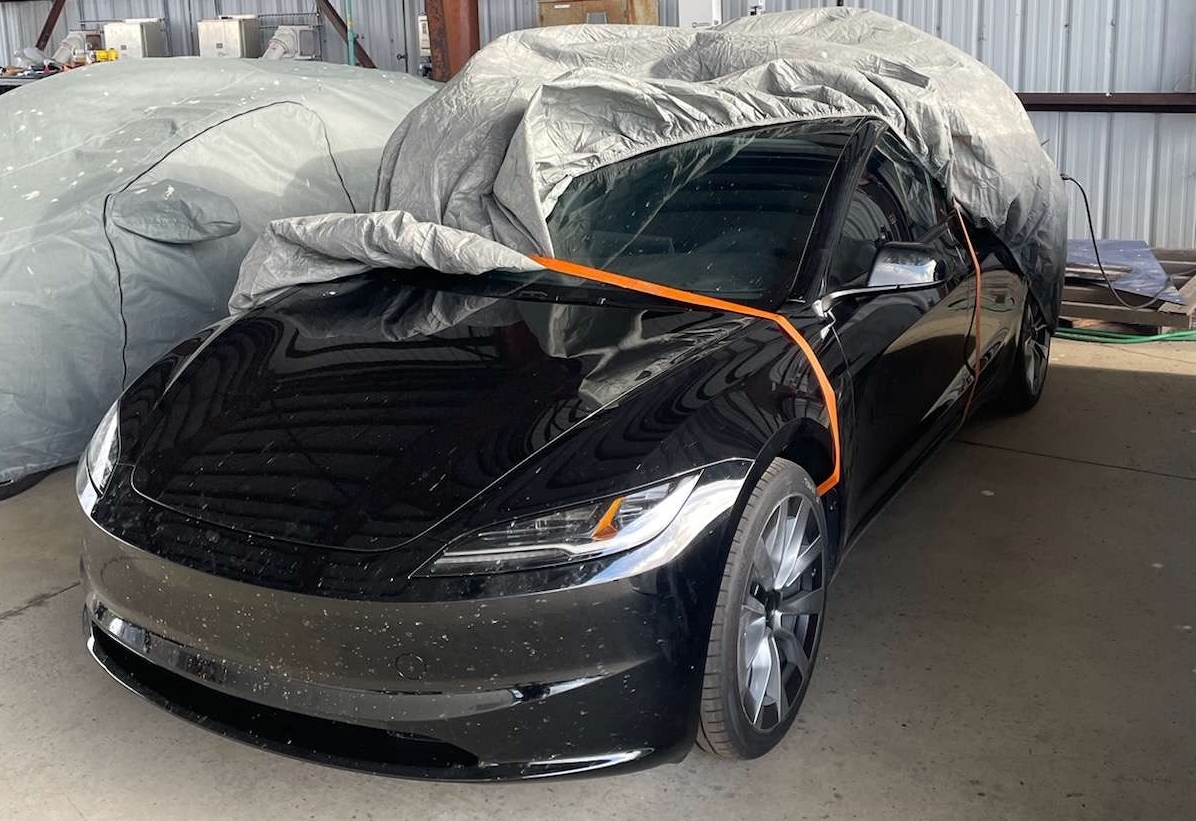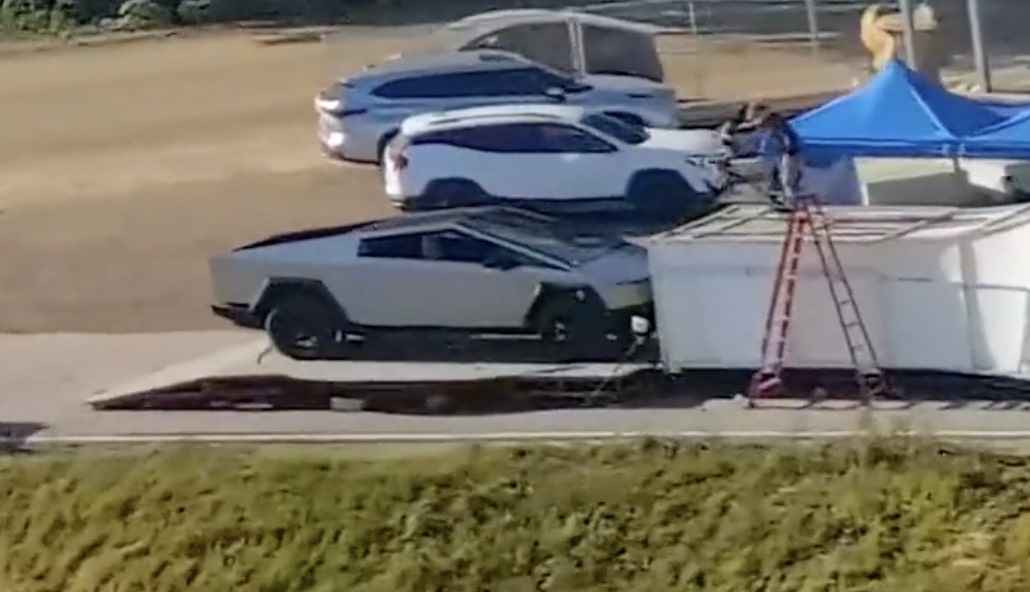Volkswagen’s brand chief, Thomas Schäfer, has described the recent discussion over an e-fuel exception to the EU’s proposed 2035 gas car ban as “unnecessary noise” and has stated that “by 2035, combustion engines are over anyway,” in an interview with Automotive News Europe. The interview mainly focused on the availability of Volkswagen’s upcoming EVs in Europe, but Schäfer also highlighted the importance of electrification.
The EU recently proposed a plan to ban new internal combustion engine cars in 2035 across the bloc, but this was met with objections from auto-producing countries, including Germany and Italy. The proposal was eventually modified to allow e-fuels as a “climate-neutral” fuel for combustion vehicles after Germany made a compromise with the EU Commission.
E-fuels are synthetic fuels that can be produced from captured carbon emissions, making them carbon neutral. However, they still emit as many harmful air pollutants as fossil fuels, making them harmful to human health. In addition, it takes energy to make e-fuels, and that energy could just be used to fuel an electric car in the first place.
Schäfer argues that the e-fuel exemption perpetuates the combustion engine, which is unnecessary, given that VW plans to stop selling combustion engine vehicles by 2033. VW aims to have 80% of its vehicles sold in Europe to be battery-electric by 2030. Schäfer sees the e-fuel question as largely irrelevant to VW and the industry as a whole, and says there is no sense in investing money to improve an inferior, older technology like combustion engines.
Furthermore, he states that VW would rather put its money into electrification during the final years of the combustion engine than make a final version of it that is prohibitively expensive if Euro 7 emissions regulations require hefty R&D to make gas engines cleaner. The comments suggest that VW is committed to electrification and has no intention of relying on e-fuels as a long-term solution.


